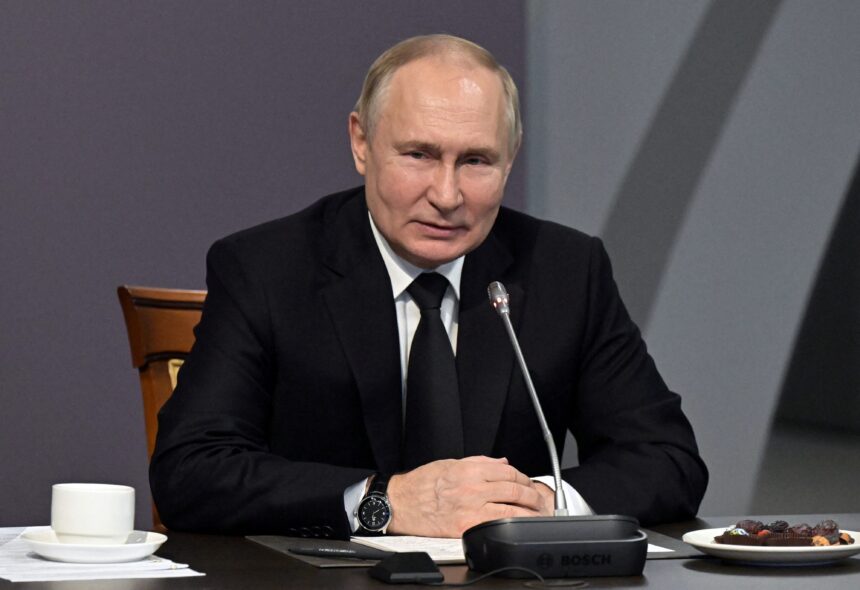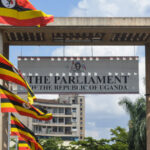Russian President Vladimir Putin pledged to strengthen Russia’s global leadership in the Arctic while warning that geopolitical competition in the region is heating up.
Speaking at Russia’s Arctic Forum on Thursday, Putin singled out former U.S. President Donald Trump’s proposal to acquire Greenland as an indicator of America’s growing ambitions in the Arctic.
“In short, America’s plans in relation to Greenland are serious,” Putin said. “These plans have deep historical roots. And it’s clear that the US will continue to systematically pursue its geo-strategic, military-political, and economic interests in the Arctic.”
Despite raising concerns about U.S. intentions, Putin refrained from criticizing his American counterpart, a notable shift from the once-hostile rhetoric between Moscow and Washington during Joe Biden’s presidency. “As for Greenland, this is a matter for two specific countries. It has nothing to do with us,” Putin remarked, in a rare display of diplomatic restraint from the Kremlin leader known for his aggressive foreign policy, including the invasion of Ukraine.
The softened tone suggests a potential recalibration in Russia-U.S. relations, as both powers weigh the vast economic potential of the Arctic against ongoing political tensions. In a surprising move, Russia is now promoting the idea of economic cooperation with the United States in the Arctic—a region rich in untapped oil, gas, and mineral resources.
Kirill Dmitriev, Putin’s special envoy for foreign investment and economic cooperation, revealed that discussions with U.S. officials are already underway. “We are open to considering different investment opportunities that we can do jointly with the U.S., in certain sectors approved by the Russian government,” Dmitriev said.
These opportunities, according to Dmitriev, could include logistics and other sectors that are “beneficial to both Russia and the U.S.”
However, the prospect of meaningful cooperation remains clouded by the ongoing war in Ukraine. Western nations have repeatedly accused Russia of prolonging the conflict and refusing to make meaningful concessions. When asked whether the war posed a barrier to Arctic collaboration, Dmitriev dodged the political question, stating, “I am focused on economics and investments, so I don’t comment on political issues.”
The timing of Russia’s outreach comes as the Arctic’s strategic importance grows amid climate change and the melting of ice caps, which has opened new shipping routes and increased competition for natural resources.
The Arctic remains a key battleground for global influence, with Russia, the U.S., and other Arctic states—including Canada, Norway, and Denmark—vying for control. Russia’s push for cooperation is viewed by some analysts as an attempt to ease economic isolation caused by Western sanctions while maintaining a stronghold in the region.

As the geopolitical temperature rises, Putin’s remarks signal that while Russia is committed to asserting dominance in the Arctic, the door to economic collaboration with its long-time rival may still be ajar—if political tensions can be navigated.








